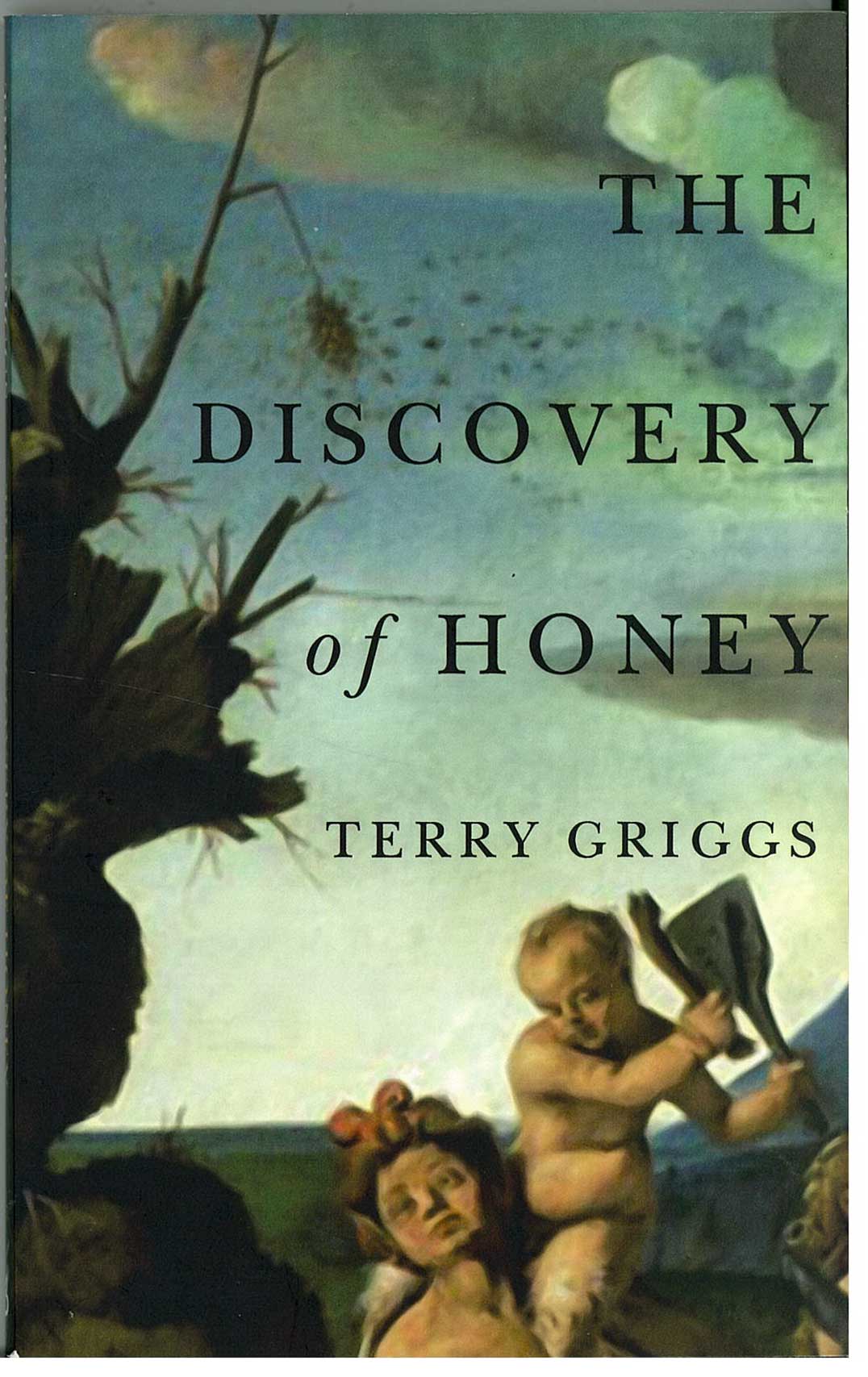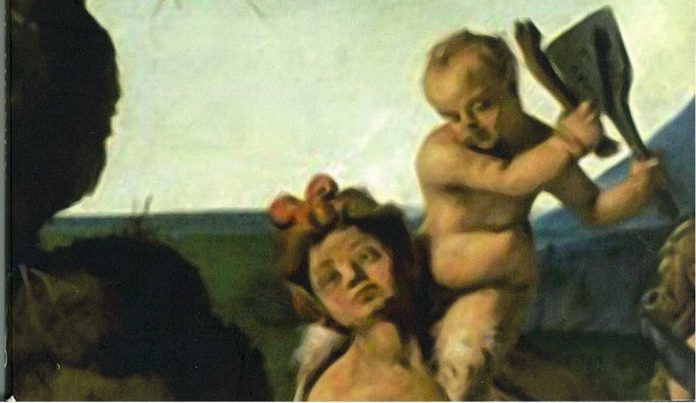STRATFORD—Author Terry Griggs has come a long way since the days she played along the lakeshores just outside Little Current at her parent’s tourist camp where she grew up. Her list of credentials is impressive, and now we can add her latest collection of short stories, ‘The Discovery of Honey,’ to an impressive body of literary works—and impressive is the right word to describe that collection.
Ms. Griggs was nominated for a Governor General’s Award for ‘Quickening’ and shortlisted for the Roger’s Writer’s Trust Fiction Prize for ‘The Lusty Man,’ she has also penned ‘Thought You Were Dead’ as well as a host of children’s novels, the ‘Cat’s Eye Corner’ series and ‘Nieve’ (Biblioasis).
They say that an author digs deep into their roots to find inspiration for their writing, The Expositor posed the question of just how deep she delves into her Manitoulin past when she writes her character/scenes/locations.
“That depends on the book,” she said, “but Manitoulin often has a presence, discernible or not, in what I write.”
Ms. Griggs went on to expand on that theme. “For me, it’s an imaginatively nourishing place. I grew up on the Island—I’m a Haweater after all (my claim to fame)—so it has certainly had an influence, and I regard it as my true home no matter where I happen to be living.” That is certainly a mark of a true Haweater.

“Because I write fiction, however, and not documentary works, Manitoulin isn’t directly portrayed,” she qualifies. “It’s interesting how this operates. It’s both there and not there in the novels and stories, having been translated into something ‘other,’ a literary locale. The new book, ‘The Discovery of Honey,’ takes place on a large island and features rural and small town settings. I definitely had Manitoulin and Little Current in mind as I conjured up the stories, but more as starter material, if you will, a kind of launching pad. I might use bits and bobs of factual information, something that I observed while on the Island or read about and use it to ignite the fiction that follows. The story ‘Juno Pluvia,’ for example, opens with the discovery of an unidentified body—a drowned man, long dead but well-preserved—that washes up on a southern shore. I ran across this fascinating incident in The Expositor, kept the clipping for years, and used it at the beginning of this otherwise made-up tale. Same deal with the main character, Hero. In one story I have her working in store not unlike Turners, where I worked for many summers, but, I hasten to add, she ain’t me, nor is her family situation mine. Hero is her own person for sure and I found her lots of fun to hang outt with, even if she isn’t real.”
As to returning to her Island home, Ms. Griggs said that she does not get back “nearly as often as I like.” Time too often plays a blocking role.
“I’ve found that you need a nice stretch of unscheduled time to really settle into the more relaxed pace of Island life,” she said. “A few days, or even a week, doesn’t seem to be enough. I frequently travel there in spirit, though, especially to the tourist camp outside of Little Current where I grew up. This is where having a well-exercised imagination comes in handy.”

‘The Discovery of Honey’ is written in the omniscient voice of the “hyper-precocious” protagonist/narrator Hero and explores the “significant, usually scandalous, happenings in her rural hometown, including her own conception, birth and various other happenings that occur throughout her young life.”
Ms. Griggs’ love affair with the short story is due in part to her intense dislike of “flab” in a novel. “I prefer to keep the works lean and tight if I can, while at the same time not stinting on language,” she said. “Making the words earn their keep, but also letting them party, as it were. Perhaps that’s more of a short story approach.”
While suspicion might fall on The Expositor for loading praise on the writing of a homegrown author, a few glimpses of the praise coming from the big city crew will serve to back us up.
“Like Robertson Davies on speed,” writes the Globe and Mail. “When her poetic sensibility is joined to a narrative that is both wildly comic and poignant in mood, which happens often in her stories, the results are superb,” says The Toronto Star. “She is a wildly inventive storyteller, gifted with a superb turn of phrase,” offers the Montreal Gazette and “Griggs creates magical transformations with words alone,” concludes The Vancouver Sun. You get the picture.
‘The Discovery of Honey’ will be available at The Expositor book store and retails for $19.95.






